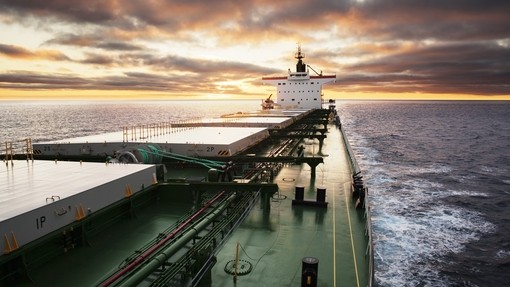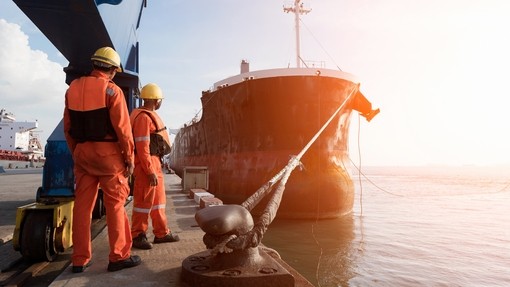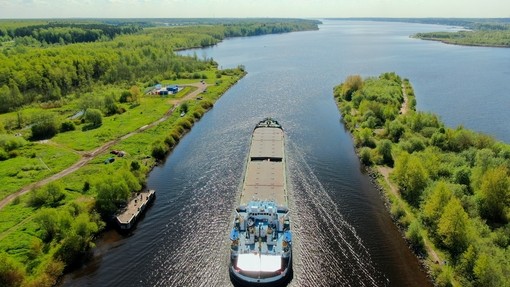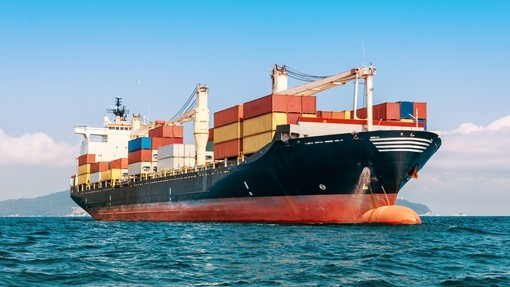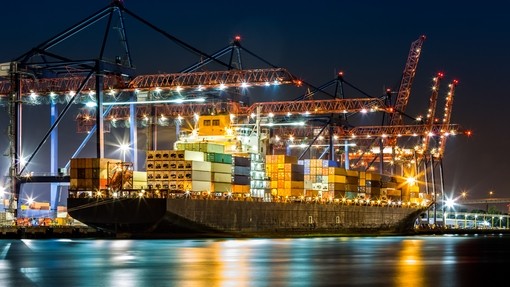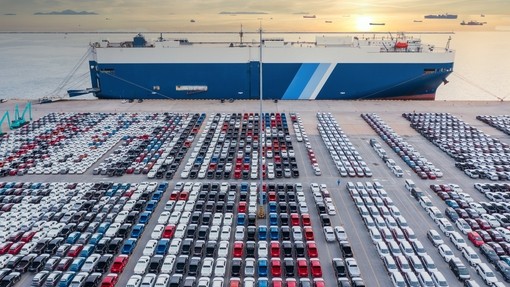Griffin Underwriting Limited -v- Ion G. Varouxakis (The “FREE GODDESS”) [2018] EWHC 3259 (Comm)

Details
The Commercial Court in this case considered whether an application challenging the court’s jurisdiction had been made in time and, if not, should there be relief from sanctions.
Factual background
Griffin, a Guernsey insurance company, insured the “FREE GODDESS”, under a policy of kidnap and ransom insurance for a 30-day round trip through the Gulf of Aden. In February 2012, while carrying a cargo of rolled steel coil from Egypt to Thailand pursuant to bills of lading issued on 20 and 26 January 2012, the vessel was seized by pirates in the Arabian Sea and taken to Somalia. As a result Griffin paid out just under US $6.5 million under the policy, including sums by way of ransom payments, and the vessel was eventually released and arrived in Salalah, Oman in October 2012. General average was declared and in February 2013, while the vessel was still in Salalah, a settlement agreement was reached between Griffin, the shipowner and the vessel’s manager.
At the time of conclusion of the settlement agreement, all parties were operating on the basis that the bill of lading contracts were still in existence, capable of being performed and would be performed. It was envisaged that the vessel would be repaired and would proceed to Thailand to discharge her cargo, in accordance with the shipowner’s contractual obligations. However, that did not happen and the bill of lading holders commenced arbitration proceedings against the shipowner, seeking delivery of the cargo. The arbitral tribunal issued several awards, ordering the shipowner to deliver the cargo, but it did not comply. The vessel remained in Salalah and was sold to another company, effectively destroying the shipowner’s possessory lien over the cargo for general average. The cargo was eventually discharged and sold in late 2017 and the vessel was sold for scrap.
In February 2017, Griffin commenced an action against Mr. Varouxakis for inducing or procuring breaches by the shipowner and manager of the settlement agreement. Griffin contended that it had lost the right to recover general average on a subrogated basis against the cargo interests by reason of the shipowner’s failure to complete the voyage to be performed under the bill of lading contracts (the ‘Lost GA Claim’). In addition, the insurance company claimed that the shipowner received payment of US $1.6 million from the cargo interests and the vessel’s P&I club, for which it was obliged to account pursuant to the settlement agreement, but Mr. Varouxakis ensured that it failed to do so (the ‘Accounting Claim’).
The claim form was served on Mr. Varouxakis on 8 March 2017 and on 29 March he filed an acknowledgment of service indicating an intention to contest jurisdiction. On 25 April 2017, before any further steps were taken, the parties agreed a moratorium in relation to all litigation, terminable on 48 hours’ notice. Despite the moratorium being lifted in November 2017, nothing happened in the action for some time, until May 2018 when Griffin applied to enter judgment in default against Mr. Varouxakis. This lead to Mr. Varouxakis seeking an order that the court has no jurisdiction to try the claim against him. Griffin contended that his application was out of time, consequently he must be treated as having accepted the court’s jurisdiction. Mr. Varouxakis disputed this, but if necessary, along with the present application challenging the court’s jurisdiction, he sought relief from sanctions and an extension of time.
Legal issues
In his judgment, Mr. Justice Males addressed the following questions:
- Was the application submitted in time?
- Should there be relief from sanctions?
- Does the court have jurisdiction?
Taking each in turn, the judge found that upon filing an acknowledgement of service, Mr. Varouxakis had 28 days to make his application challenging the jurisdiction of the court. In the event that he failed to do so, he would be treated as having accepted the court’s jurisdiction under Civil Procedure Rule 11(5). The judge proceeded to consider the effect of the moratorium and noted that in the Commercial Court, parties have to notify the court of any agreed extension. It was held that the parties’ failure to notify the court meant that the moratorium was not effective and did not extend the time Mr. Varouxakis had to challenge jurisdiction. Mr. Varouxakis was therefore deemed to have accepted the jurisdiction of the court. Mr. Justice Males commented that even if the moratorium had been effective, the same result would have followed as time would have been extended but only for 28 days. The judge stressed the importance of the court retaining control of the proceedings and having at least ‘the opportunity to consider whether to override any agreement reached between the parties’.
The Commercial Court found that as the parties had agreed a moratorium, even one which was ineffective, it was understandable why Mr. Varouxakis did not originally take any steps to challenge jurisdiction. However, after the termination of the moratorium in November 2017, there was no valid reason to refrain from making the application to challenge jurisdiction if that was what he intended to do. Realistically, therefore, the application was six months late and this was deemed to be a serious failure. Mr. Justice Males noted that it would not be in the interests of justice to grant relief from sanctions and doing so would not promote the efficient conduct of litigation as there had been a serious failure to comply with the rules for no good reason. The court held that the application to challenge jurisdiction came too late and Mr. Varouxakis must be treated as having accepted the court’s jurisdiction. Regardless, the court proceeded to consider the jurisdiction arguments.
Article 7(2) of the Recast Brussels Regulation enables a claimant to sue in the courts for the place where it has suffered damage even if the event which gave rise to the damage occurred elsewhere. It is common ground that the burden falls on Griffin as the claimant to demonstrate that the court has jurisdiction and the standard to be applied is that of ‘good arguable case’. Mr. Justice Males thought it was necessary to consider separately the two claims brought by Griffin as he explained that the determination of the place where the damage occurred called for a finely balanced exercise of judgment, particularly in cases of financial loss. The judge found that the court did not have jurisdiction to try the Lost GA Claim as the place where the damage occurred was not England. The initial direct and immediate damage was suffered in Salalah where the shipowner was induced by Mr. Varouxakis to abandon the voyage and Griffin’s claim that it suffered an inability to enforce its subrogated right to general average contributions, the value of which would have been realised in London was rejected. The Accounting Claim was more straightforward as it concerned a claim that Mr. Varouxakis had procured the non-payment of money which ought to have been paid to the average adjusters in London, and it falls within Article 7(2).
Comment
This Commercial Court case operates as a cautionary tale for all applicants wishing to challenge the court’s jurisdiction but either need more time to make their application or want to pause proceedings to explore possible settlement. In his judgment Mr. Justice Males reminded applicants that it is not open to the parties to agree an indefinite extension of time without notifying the court and noted that in this court ‘it takes three to make an agreement’.
This article originally appeared in the January 2019 edition of shipping case digest. Other articles include:
Volcafe Ltd and others -v- Compania Sub Americana De Vapores SA [2018] UKSC 61

